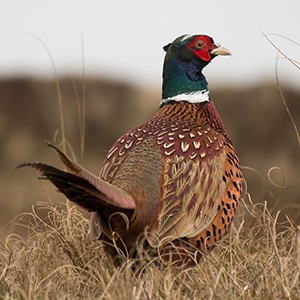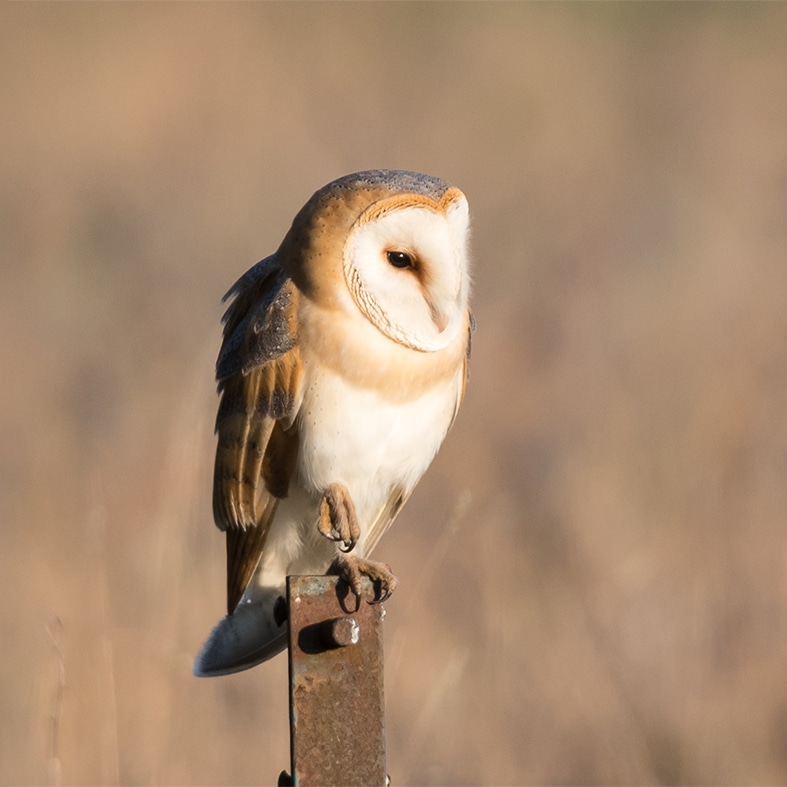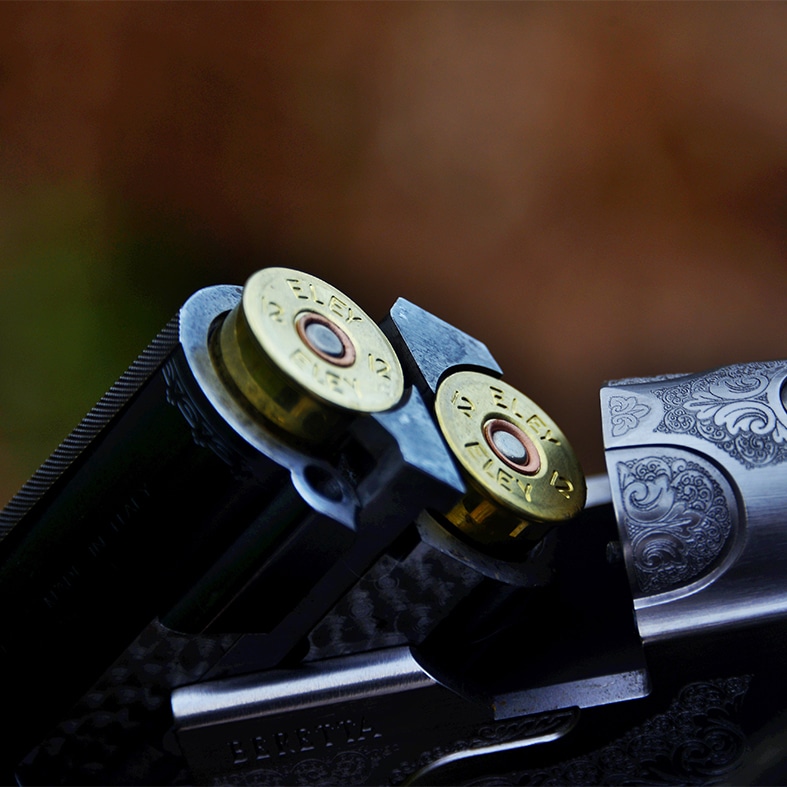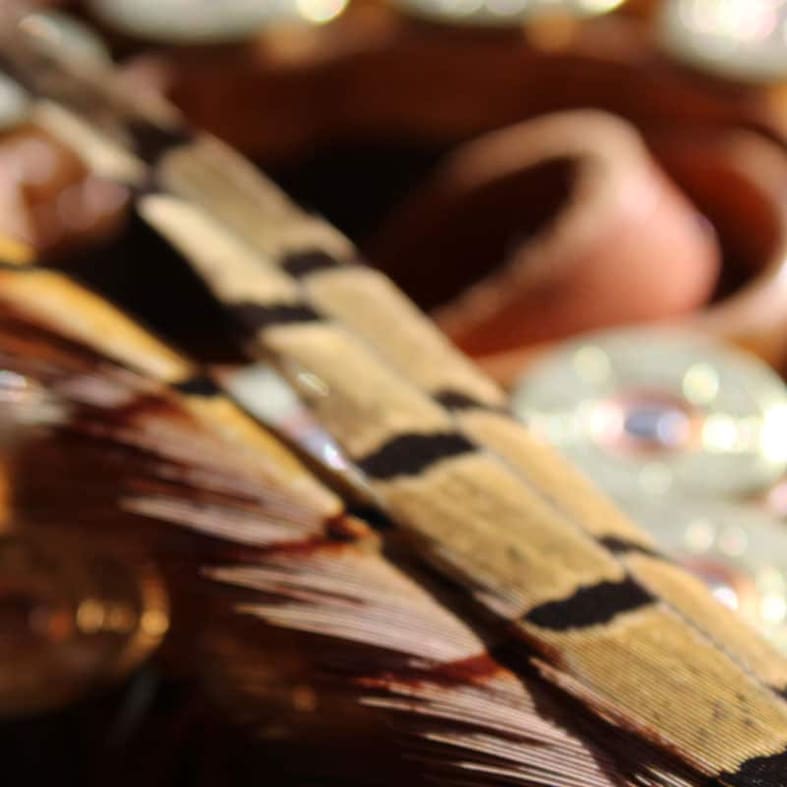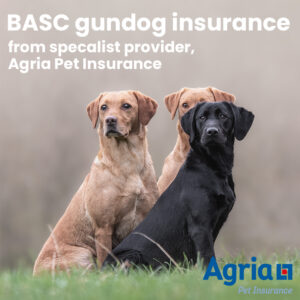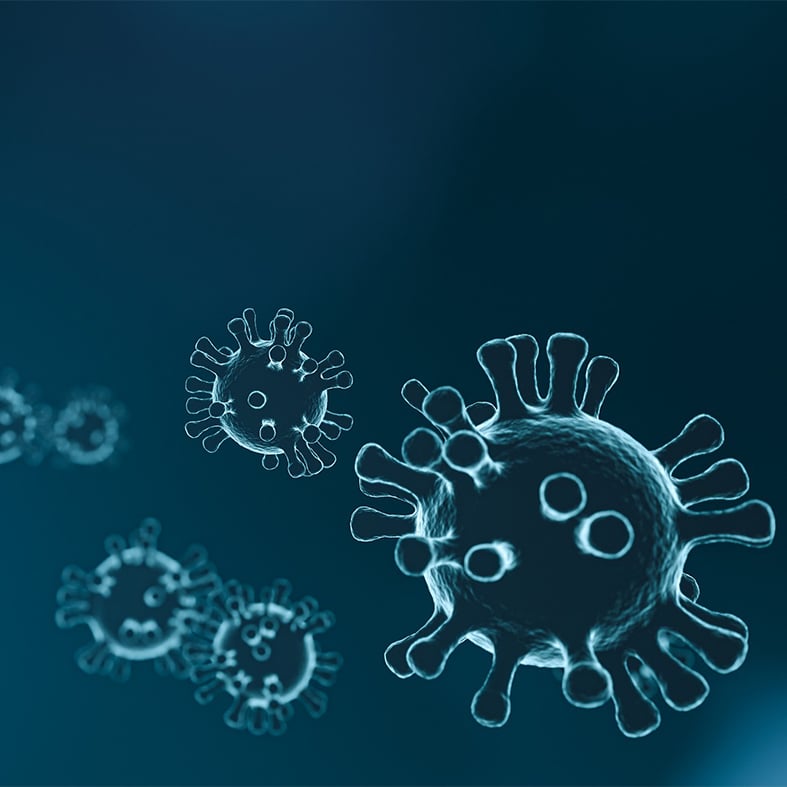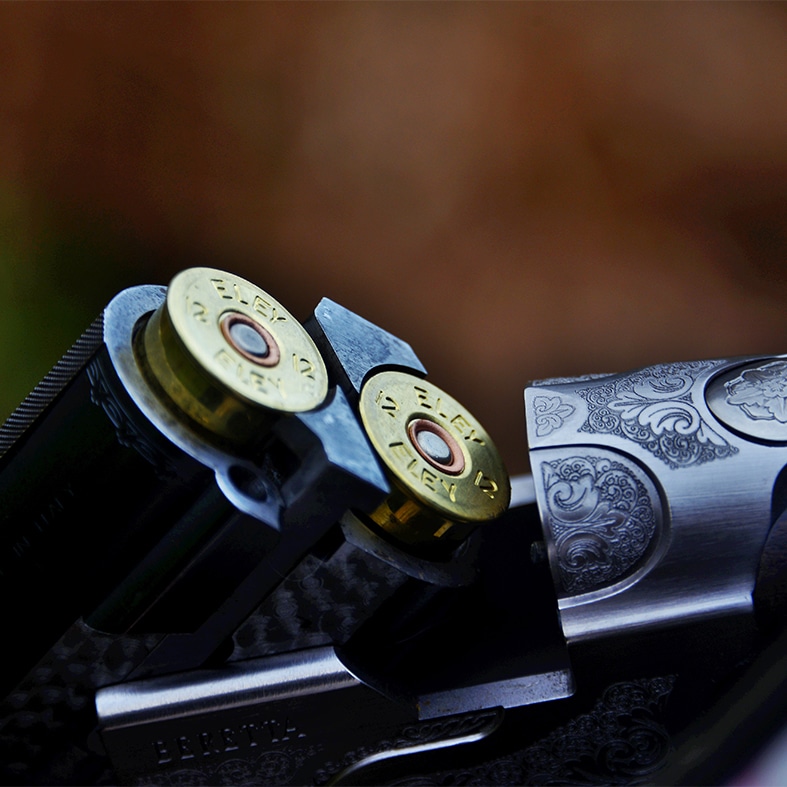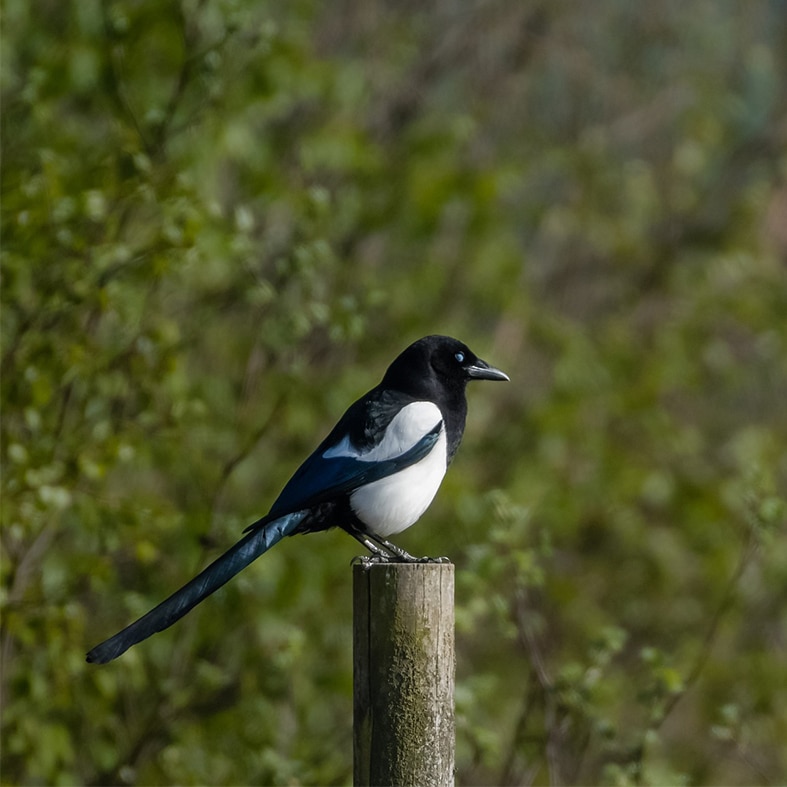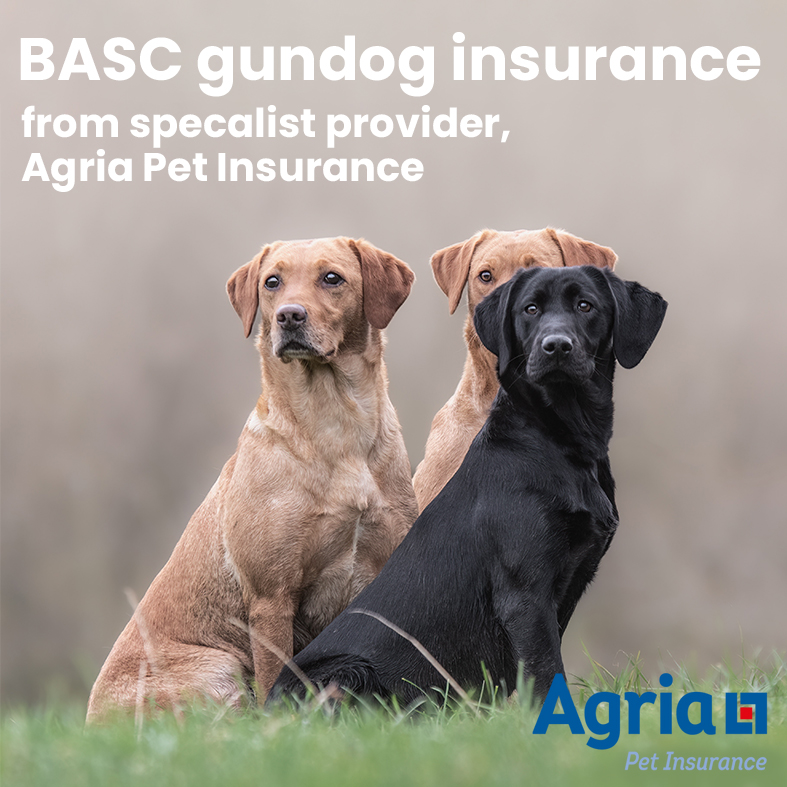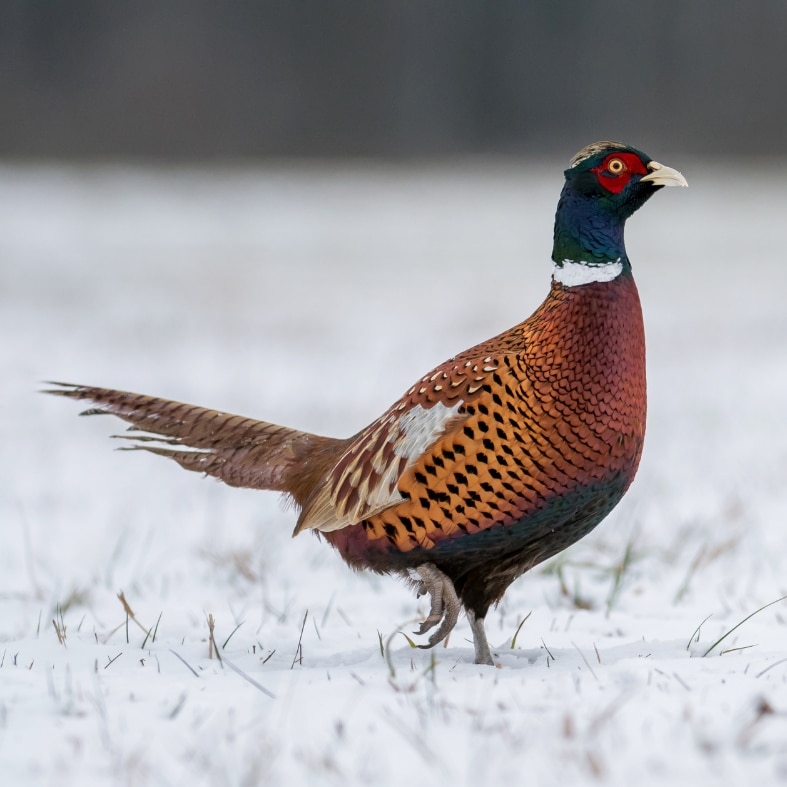

Home » Advocating for sustainable shooting through self-regulation
Advocating for sustainable shooting through self-regulation
BASC considers self-regulation a cornerstone of our commitment to upholding the highest standards in UK shooting.
As an integral part of BASC’s standards, self-regulation is a golden thread running through our initiatives and a key factor in various issues affecting our sector. So, what exactly is self-regulation, who does it involve, and how does it contribute to the sustainability of shooting?
Understanding self-regulation
Self-regulation is a dynamic process which involves everyone associated with BASC. By definition, it means the controlling of a process or activity by the people or organisations that are involved in it, rather than by an external party or agency, such as the government.
It impacts every part of what we do and how we operate; from our collective approach within partnerships like Aim to Sustain and the Deer Initiative, to the individual responsibilities of each member.
Covering vital topics such as our stance on lead ammunition, and the taking of a sustainable harvest of wild birds, self-regulation is a shared commitment that binds us all together.
The success of self-regulation for the shooting sector is wholly reliant on the majority of participants adhering to voluntary standards set by the sector (and the law).
Internal policing of poor behaviour is essential, as is clear evidence that most – if not all – people involved in shooting are committed to self-regulation. Without this, we are not credible and leave ourselves open to more external oversight, regulation and control.
Part of our history
While the concept of self-regulation may sound contemporary, it has been an integral part of BASC and the wider shooting sector for decades.
The Code of Good Shooting Practice has served as a steadfast guide for BASC members, setting a benchmark for shoots to follow. Beyond being a foundation for our activities, true self-regulation offers a crucial layer of confidence for decision-makers and policymakers, safeguarding sustainable shooting from the threat of formal regulation.
A robust record of self-regulation becomes even more valuable when shooting faces heightened scrutiny, providing the necessary assertions to politicians and policy-makers.
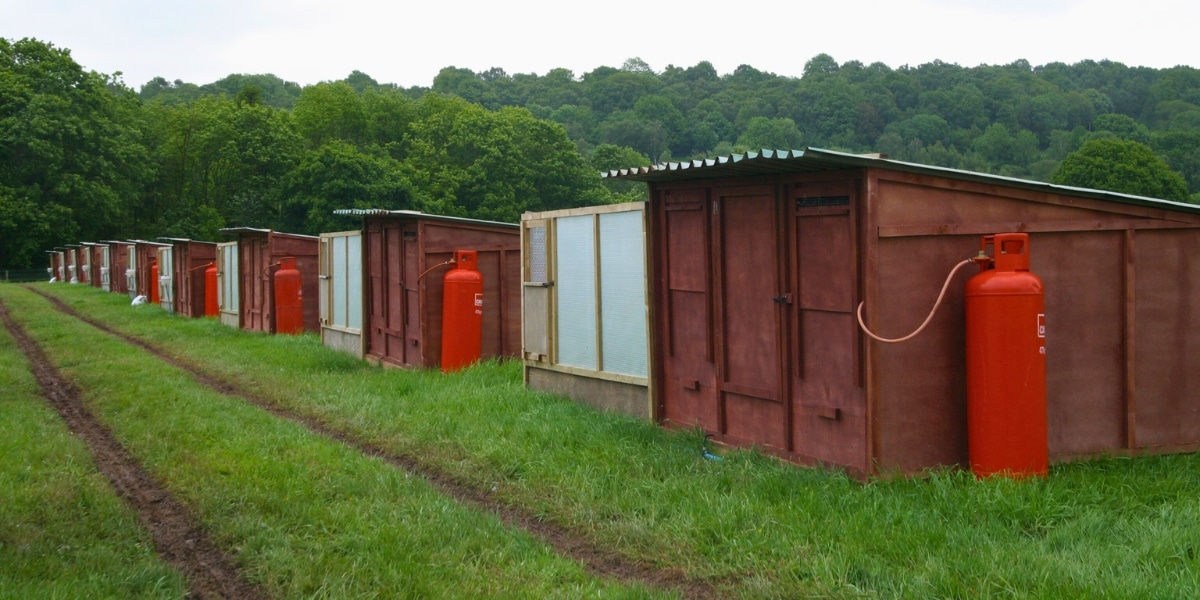
Linking shoot assurance with self-regulation
For shoots looking to elevate their commitment to self-regulation, assurance schemes provide an avenue to do so.
The schemes centre around accreditation and audit, and are entirely voluntary. BASC encourages each shoot to explore the available options and choose the one that best aligns with their requirements.
BASC actively supports shoot assurance and is one of nine partner organisations working together as Aim to Sustain, which includes an assurance scheme within its remit.
As a component of self-regulation, assurance enables shoots, estates, and game farms to showcase their high welfare standards, safe wild harvest practices, and positive environmental impact.
Although BASC doesn’t directly administer a shoot assurance scheme, we support our members in navigating and joining schemes to suit their specific circumstances. Current options include:
• Aim to Sustain: Game assurance scheme
• Trusted Game: Game bird health and welfare scheme
• Wildlife Estates Scotland: Recognising responsible land management
• British Quality Wild Venison: Promoting quality and sustainability in wild venison production
Ultimately, self-regulation is collective effort to ensure the longevity and positive impact of shooting in the UK. Our integrity and freedom depends on it.
Share
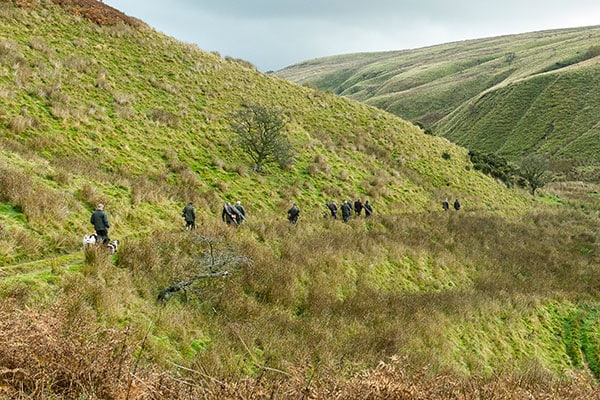
Shooting leases and shooting agreements
To secure your shooting opportunity, BASC strongly recommends that you take out a lease or shooting agreement with your landlord.
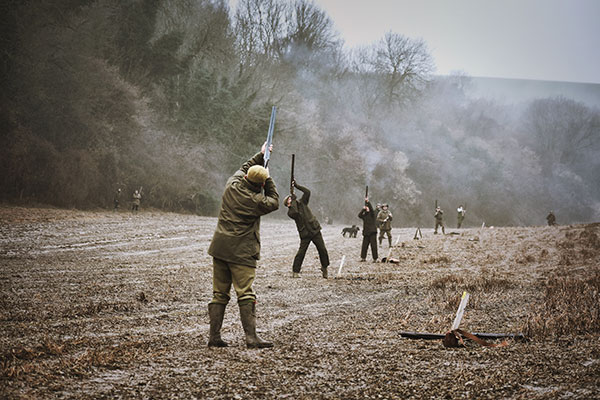
How economically viable is late-season shooting?
Released gamebird numbers decline throughout the season, making end-of-season shooting more unpredictable.
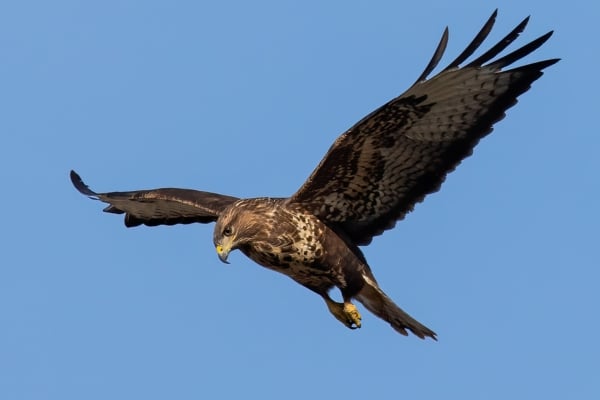
Zero tolerance for illegal killing of birds of prey
In January 2020 a joint statement was issued by five leading countryside organisations, setting out their zero tolerance for raptor persecution.
